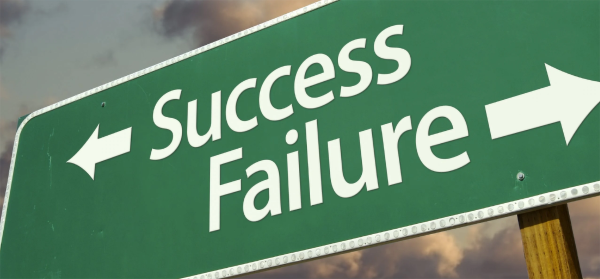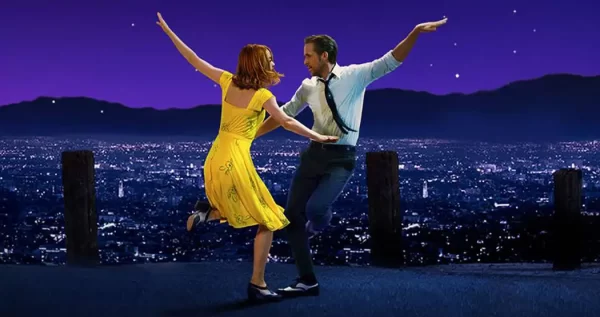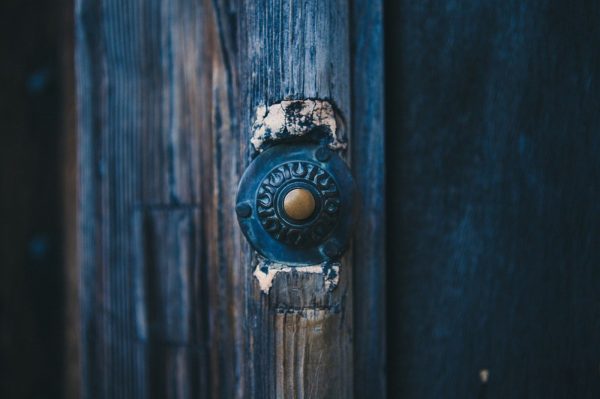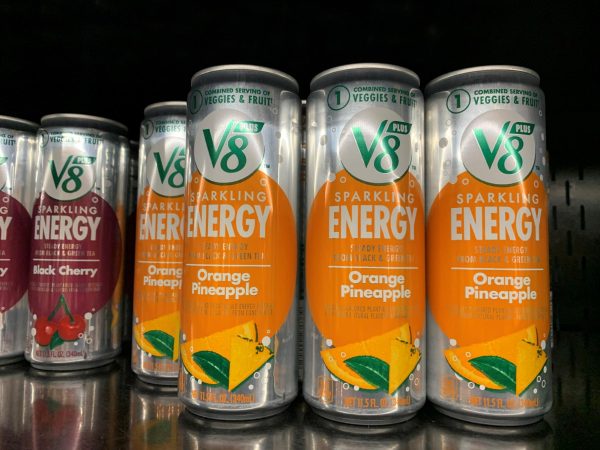Strawless in Seattle
Plastic straws are the scapegoat of a larger pollution problem, and a ban will hurt more than it’ll help.
Photographer: Sarah Todd Hammer
It all started in 2018 in Seattle.
The straw ban was prompted by a viral video of a sea turtle that, unfortunately, got a plastic straw stuck in its nose. People took to encouraging others not to use plastic straws because of the video, which led to the trend of banning straws.
Once Seattle became the largest city in the US to ban straws, numerous other cities and businesses decided it was time to hop on the bandwagon. Seattle’s own Starbucks is hoping to completely phase out plastic straws by 2020, and fast-food giant McDonald’s is planning to ban plastic straws in its UK and Irish restaurants.
However, plastic straws barely make a dent in terms of environment impact. National Geographic’s Sarah Gibbens says that while eight million tons of plastic flow into the ocean every year, straws comprise just 0.025 percent of such waste. Plastic straws are the scapegoat of a larger pollution problem, and a ban will hurt more than it’ll help.
Simply put, the detriments of a plastic straw ban outweigh the benefits, especially when considering the harm it does to many in the disabled community. In fact, according to a recent NPR story, some people with disabilities and their loved ones have begun to question whether a straw ban violates the Americans with Disabilities Act (ADA), which prohibits discrimination against the disabled and requires public places to provide appropriate accomodations. If businesses cease to supply plastic straws, they could potentially violate the ADA.
Most non-plastic straws are inflexible, which is where the straw ban has personally hit me the hardest. Due to my disability that has left me with arm paralysis, I am unable to pick up most cups and glasses, which causes me to need a plastic straw to drink beverages.
I visited Vancouver over the summer of 2018, and when eating out at a restaurant, I was given my Coke in a large, wide glass that was impossible for me to pick up. Upon asking the waiter for a straw, he proudly told me Vancouver was banning straws, so they were no longer available unless a person has a circumstance that causes them to need a straw. So, I was forced to share personal information and tell him I had a disability just to get a straw—all so I could be independent and enjoy my time out.
On a similar occasion, I recently ordered a drink at a hotel, and the waitress attempted to make me feel guilty for asking for a straw.
“Sure,” she replied, “just trying to save the planet.”
Situations like these are uncomfortable and unnecessary. I did not ask to have a disability that makes me unable to pick up cups and glasses. If I could, I would gladly drink without a straw; but even so, there are much bigger problems we could be focusing on.
All people with disabilities crave independence—which, in my case, is easily attainable with a plastic straw.
Many daily acts of independence already prove difficult for people with disabilities, and there is no reason to make them harder. Establishments providing plastic straws for as long as we can remember has made the lives of people with disabilities easier in a very subtle but integral way, and it is nice for people with disabilities to be able to dine in a restaurant and know they can be independent. With the straw ban in place, however, such an accommodation—and a necessity—is not always offered.
One of the main arguments against plastic straws is the fact that there are alternatives to them. However, these other options are not always feasible for people with disabilities. NPR’s Tove Danovich argues that plastic alternatives are impractical for people with disabilities.
“Paper straws and similar biodegradable options often fall apart too quickly or are easy for people with limited jaw control to bite through,” Danovich said. “Silicone straws are often not flexible—one of the most important features for people with mobility challenges. Reusable straws need to be washed, which not all people with disabilities can do easily. And metal straws, which conduct heat and cold in addition to being hard and inflexible, can pose a safety risk.”
At the core of the movement, straw ban advocates pose this question: are sea turtles or human beings more important? And this question should not be up for debate.












